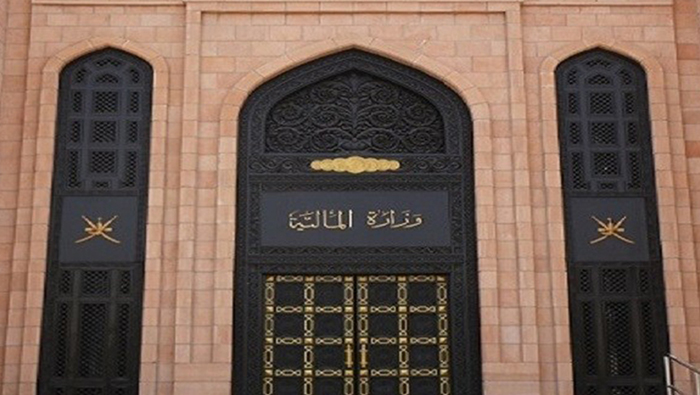
Muscat: Non-oil revenues will represent approximately 37 per cent of total government revenues in the 10th Five-Year Plan.
“The 10th Five-Year Plan has a special significance and an exceptional plan that came in such difficult circumstances due to the unprecedented economic changes the world is going through, such as the ongoing COVID-19 that has hit the global economy with growth rates having retreated," Dr Nasser bin Rashid Al Maawali, Undersecretary of the Ministry of Economy said.
He said that several criteria have been used in choosing the sectors that the Ministry was focused on in achieving the 10th Five-Year Plan.
“These include, among others, the competitiveness of the sector, its ability to provide job opportunities for citizens, the sector’s sustainability and its ability to support other sectors, which were the main sectors that were chosen,” he added.
Abdullah bin Salem Al Harthi, Undersecretary of the Ministry of Finance, affirmed that financial sustainability is important to achieve this vision, indicating that this comes through a balance between government revenues and expenditures.
"There are a number of initiatives on which this budget is based, including stimulating and diversifying government revenues and raising the efficiency of government spending and setting its priorities," he added.
Al Harthi added, "Non-oil revenues will represent approximately 37 per cent of total government revenues, indicating that these revenues will contribute to increasing the base of government revenues, thus will achieve diversification of income and reduce dependence on oil."
Al Harthi said, "There is a financial system that will be implemented soon, to be a source of financial information by government agencies and to clarify all expenditures and revenues for the Ministry of Finance."
This came within the 17th commercial week organised at Sultan Qaboos University (SQU) for the second day in a row, by holding a dialogue session on Oman Vision 2040 and the 10th Five-Year Plan.